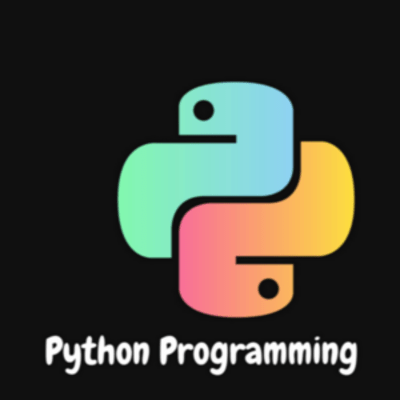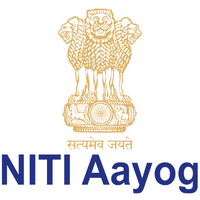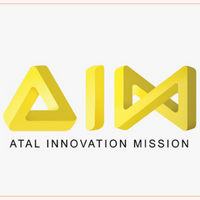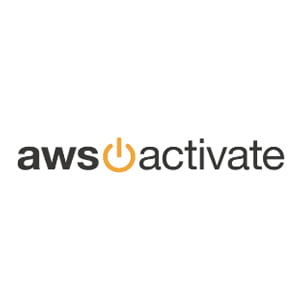Python is a programming language that is commonly used to create websites and applications, automate operations, and perform data analysis. Python is a general-purpose programming language, which means it can be used to develop a wide range of applications and isn’t specialised for any particular issue. Because of its versatility and beginner-friendliness, it has become one of the most widely used programming languages today.
Guido Van Rossum started working on Python in the late 1980s and Python 0.9.0 was launched in 1991. Python 2.0 was launched in 2000, and it included new capabilities like list comprehensions and a garbage collection system that detects cycles (in addition to reference counting). Python 3.0 was published in 2008, and it was a substantial change of the language that was not backwards compatible. Python 2 was deprecated in 2020, with version 2.7.18.
What is Python Used For?
Python is widely used for web and software development, task automation, data analysis, and data visualisation. Some of its common applications are listed below:
Artificial Intelligence and Machine Learning
Python is ideal for many machine learning (ML) and artificial intelligence (AI) projects since it is such a robust, flexible, and simple programming language. Python is one of the most popular programming languages among data scientists, and there are numerous Python machine learning and AI tools and packages.
Python can create a variety of data visualisations, including line and bar graphs, pie charts, histograms, and three-dimensional plots. TensorFlow and Keras are two Python frameworks that let programmers construct data analysis and machine learning systems more rapidly and efficiently.
Web Development
Python is a popular choice for complex web development projects because of its versatility, which allows for the creation of sophisticated online utilities with ease. The primary languages for creating a program’s front end are HTML and JavaScript. However, Python-based web frameworks like Django can make handling backend or server-side functions easier.
Mobile Apps
For many mobile app developers, Python is the language of choice. It works really well on iOS and Android as it does on desktop computers. A huge list of mobile applications created with Python exists, and it’s growing by the day. Python is used to write a lot of popular apps like Instagram, so it’s an excellent place to start if you’re new to mobile programming.
Language Development
Python’s simple and elegant layout, as well as its syntax, has sparked the development of new programming languages. Python has a syntax that is comparable to those of Cobra, CoffeeScript, and Go.
Python is a useful gateway language as a result of this aspect. So, if you’re new to programming, knowing Python will make it easier for you to branch out into other fields.
Data Visualisation
Another prominent and growing area of interest is data visualisation. It takes advantage of several of Python’s capabilities once again. Python offers a range of graphing libraries with a variety of functionality, in addition to its flexibility and open-source status.
Why is Python So Popular?
Python is well-liked for a variety of reasons:
- It has a straightforward syntax that resembles normal English, making it easier to read and comprehend. This speeds up the development of projects as well as the improvement of existing ones.
- It’s adaptable. Python can be used for a variety of purposes, including web development and machine learning.
- It is user-friendly, making it popular among new coders.
- It’s free to use and distribute, even for commercial purposes, because it’s open source.
- The Python module and library archive—bundles of code developed by third-party users to extend Python’s capabilities—is large and growing.
- Python has a vibrant community that adds to the library of modules and libraries and serves as a resource for other programmers. Because of the large support network, finding a solution to a roadblock is extremely simple; someone has almost certainly encountered the same issue before.
Why Learn Python?
Python is compelling to learn for various reasons:
- There is a high demand for Python programmers. Python abilities are in demand across a wide range of industries. It could be a useful talent to have if you’re planning to start a new job or shift careers.
- It has the potential to lead to a lucrative job.
- Python is anticipated to be a future-proof expertise since it can be utilised in a wide range of developing technologies, including artificial intelligence, machine learning, and data analytics. Therefore, there will be ample job opportunities for python programmers.























